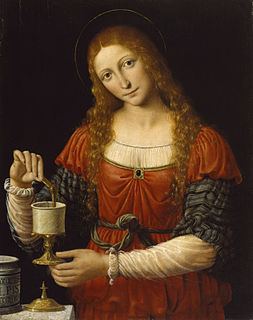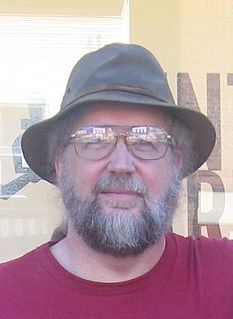A Quote by Edgar Allan Poe
And much of Madness, and more of Sin,
And Horror the soul of the plot.
Related Quotes
Oh! Could you but see the beauty of a soul in the grace of God, you would be so much enamored of it that you would do nothing else but ask souls of God; and, on the contrary, could a soul in mortal sin be placed before your eyes, you would do nothing but weep, and you would hate sin more than the devil himself, and always pray for the conversion of sinners.
I grew up on all sorts of horror - Hammer Horror and Vincent Price's 'Theatre Of Blood.' I loved the hidden, scary layers, but there wasn't that much around for youngsters in terms of horror books. I can remember reading Stephen King's 'Salem's Lot' and 'Cujo,' but I thought there should be more for teenaged horror fans.
when ... I've thought of madness, it seems most easily explained to me as poetry in action. A life of symbol rather than reality. On paper one can understand Gulliver, or Kafka, or Dante. But let a man go about behaving as if he were a giant or a midget, or caught in a cosmic plot directed at himself, or in heaven or hell, and we feel horror - we want to disavow him to proclaim him as far removed as possible from ourselves.
There is also a third kind of madness, which is possession by the Muses, enters into a delicate and virgin soul, and there inspiring frenzy, awakens lyric... But he, who, not being inspired and having no touch of madness in his soul, comes to the door and thinks he will get into the temple by the help of art - he, I say, and his poetry are not admitted; the sane man is nowhere at all when he enters into rivalry with the madman.
For I wondered that others, subject to death, did live, since he whom I loved, as if he should never die, was dead; and I wondered yet more that myself, who was to him a second self, could live, he being dead. Well said one of his friend, "Thou half of my soul"; for I felt that my soul and his soul were "one soul in two bodies": and therefore was my life a horror to me, because I would not live halved. And therefore perchance I feared to die, lest he whom I had much loved should die wholly.






































